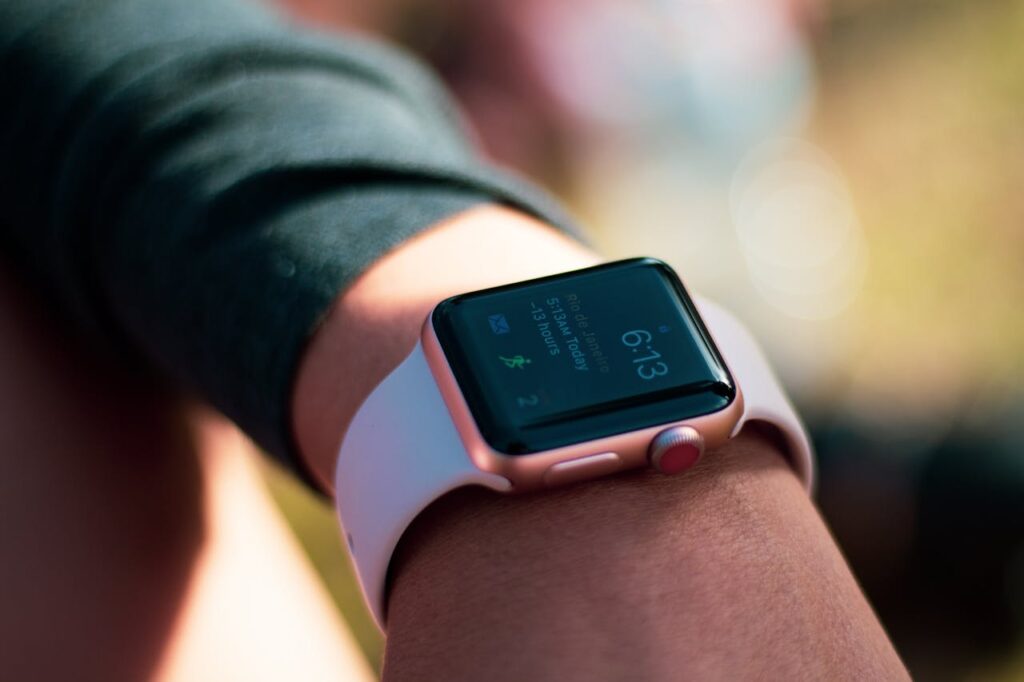Biohacking: What Is It and Does It Work?
Welcome to the fascinating world of biohacking! A term that might sound like it belongs in a sci-fi movie, biohacking is actually a real-world movement that’s all about optimising your body and mind. If you’re curious to know what biohacking is and whether it really works, you’ve landed in the right place. Let’s dive into this intriguing subject and explore its various aspects.
What is Biohacking?
Biohacking, sometimes called DIY biology, refers to the practice of making small, incremental changes to your lifestyle to enhance your physical and mental performance. It’s about taking control of your own biology through nutrition, exercise, technology, and scientific experimentation.
Key Concepts of Biohacking
- Self-Experimentation: Biohacking involves treating your body as a scientific experiment. This can range from tracking your sleep patterns to testing out new dietary supplements.
- Optimisation: The ultimate goal is to optimise your body’s functions, from improving brain performance to boosting physical health.
- Tech Integration: Many biohackers use technology, like wearable devices or apps, to monitor and enhance their bodily functions.

Does Biohacking Work?
The effectiveness of biohacking can vary depending on the methods used and the individual’s unique physiology. Here’s a closer look at how some common biohacking techniques fare:
Nutritional Hacks
Many biohackers focus on diet, using specific foods or supplements to boost energy and brainpower. For instance, some follow a ketogenic diet or consume bulletproof coffee. While some people report increased energy levels and mental clarity, scientific support can be mixed.
Sleep Optimisation
Biohackers often prioritise sleep, using sleep trackers to analyse patterns and improve sleep quality. Techniques like adjusting exposure to light or using white noise can enhance rest, with many people claiming significant improvements in their sleep.


Mental Enhancement
Practices like meditation, neurofeedback, and nootropic supplements aim to enhance cognitive functions. While meditation and mindfulness have scientific backing for reducing stress and improving focus, the evidence for nootropics is still emerging.
Rare Cases and Alternative Opinions
It’s important to note that not all biohacking practices are universally accepted or effective. Some methods can be controversial or risky, such as genetic modifications or extreme fasting. Critics caution against unregulated experimentation and stress the importance of scientific validation.
Actionable Biohacking Tips
If you’re interested in trying biohacking, here are a few beginner-friendly steps you can take:
- Track Your Sleep: Use an app or wearable device to monitor your sleep patterns. Aim for consistency in your sleep schedule.
- Mindful Eating: Experiment with your diet. Start by reducing sugar and processed foods, and see how it affects your energy levels.
- Practice Mindfulness: Incorporate daily meditation or deep-breathing exercises to enhance mental clarity and reduce stress.
- Stay Informed: Keep up with credible scientific research related to biohacking to ensure your practices are safe and effective.

Conclusion: The Verdict on Biohacking
Biohacking offers an exciting avenue for those looking to take control of their health and performance. While some techniques are backed by science, others may still be in the experimental phase. It’s crucial to approach biohacking with a balanced perspective, being open to experimentation while also staying informed and cautious.
Ultimately, whether biohacking works can depend largely on personal goals and individual responses. As with any health-related endeavour, it’s wise to consult with healthcare professionals before making significant changes.
For more insights and updates on the wellness market, be sure to follow our blog at LadyCPR.
Contact Information
Waylands Well, Farnham Lane, Haslemere, Surrey, GU27 1HG
